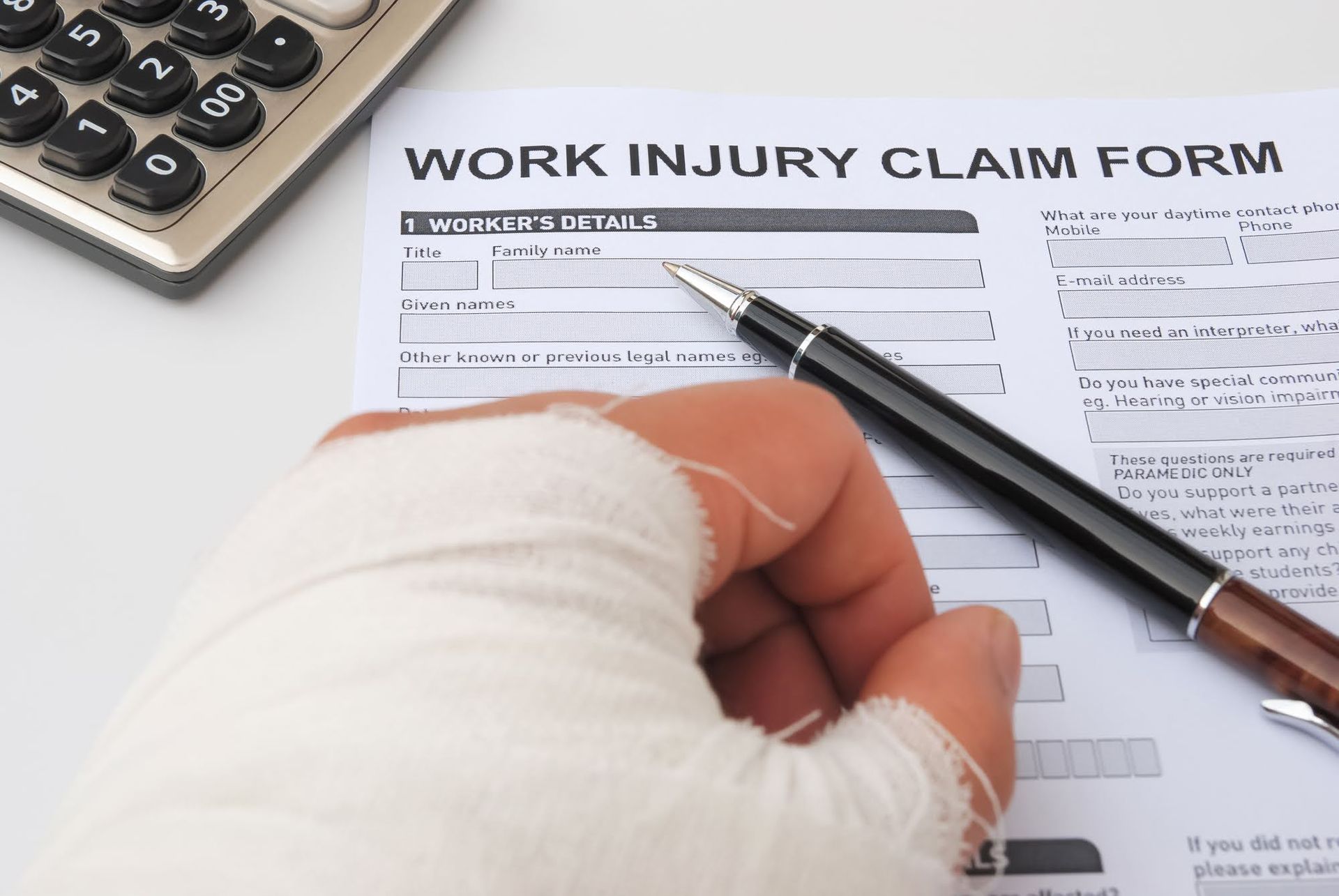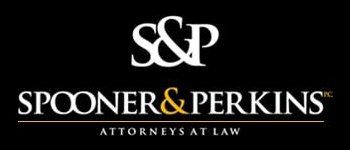Address: 1201 East Street Parkville, Missouri 64152
Toll Free:
Call Us Now:
CAN YOU FILE A WORKERS' COMPENSATION AND PERSONAL INJURY CLAIM?
An on-the-job accident that leads to an injury typically falls under the purview of Workers' Compensation. However, you may need more for your injury than you can obtain from a workers' compensation claim. You can file a personal injury claim as well, but only under specific circumstances. Here is how workers' compensation can work with a personal injury claim for the same incident.
Workers' Compensation and Personal Injury Are Not the Same
Accidents at work can happen at any time for any reason. Workers' compensation exists to help workers while protecting employers from lawsuits. Even if the accident at the workplace occurred because of negligence, workers' compensation will still represent how you obtain the funds you need for medical care and loss of work.
By contrast, a personal injury case involves an accident stemming from negligence that leads to an injury. When the fault isn't completely your own, you can press a lawsuit against any person or group involved in the chain of negligence leading to your injury.
Workers' Compensation Does Not Allow Damages for Pain and Suffering
Pain and suffering includes the physical and mental distress caused by an injury. For example, a broken bone comes with actual dollar amounts attached. You pay to have the bone treated and healed. You can calculate how much money you lose from lost wages and potential wages.
By contrast, it's hard to put a dollar amount to how much the injury affected your life in other ways. Did your injury cause you depression? Does your injury cause you pain affecting everything you do? Did the injury cause you to miss plans you made with your children or significant other?
These things fall under pain and suffering. Workers' compensation only pays out for damages that come with a dollar amount. If you feel you need compensation for pain and suffering, then your only option is to press a personal injury claim. Unfortunately, you cannot press such a claim directly against your employer.
Workers' Compensation Does Allow You to Pursue Further Compensation
A single incident can allow you to collect your workers compensation while also pursuing a personal injury claim. The most common way this works is through a third-party claim. If a third party holds any responsibility for your workplace accident, you can press a claim against that entity.
For example, if you fall from scaffolding on the job and suffer an injury, you can and should go through the workers' compensation process. If the scaffolding failed because a third party didn't erect it properly, you can pursue damages from the scaffolding company.
Third-party lawsuits require the third party to have a duty of care and verifiable negligence showing they violated that duty of care. You will have to prove negligence and negotiate with the third-party's insurance company.
Workers' Compensation Can Affect a Third-Party Lawsuit
A workers' compensation claim changes how a third-party lawsuit works. The insurance company that administers the workers' compensation can place a lien on damages awarded to you for a third-party lawsuit. Sometimes, the insurance carrier also files a lawsuit against the third party to recover funds used to pay for your workers' compensation benefits.
Depending on how the process plays out, you may have to return some of what you're awarded to the workers' compensation insurer. How this works depends entirely on your specific case.
Speak about the possibility of a third-party lawsuit with an attorney who knows both personal injury and workers' compensation law in your area. At Spooner & Perkins, P.C., we have decades of experience dealing with both types of claims. If you have questions about a workers' compensation claim, personal injury claim, or both, contact us immediately.

CONTACT INFORMATION
Email:
Phone:
Toll Free:










